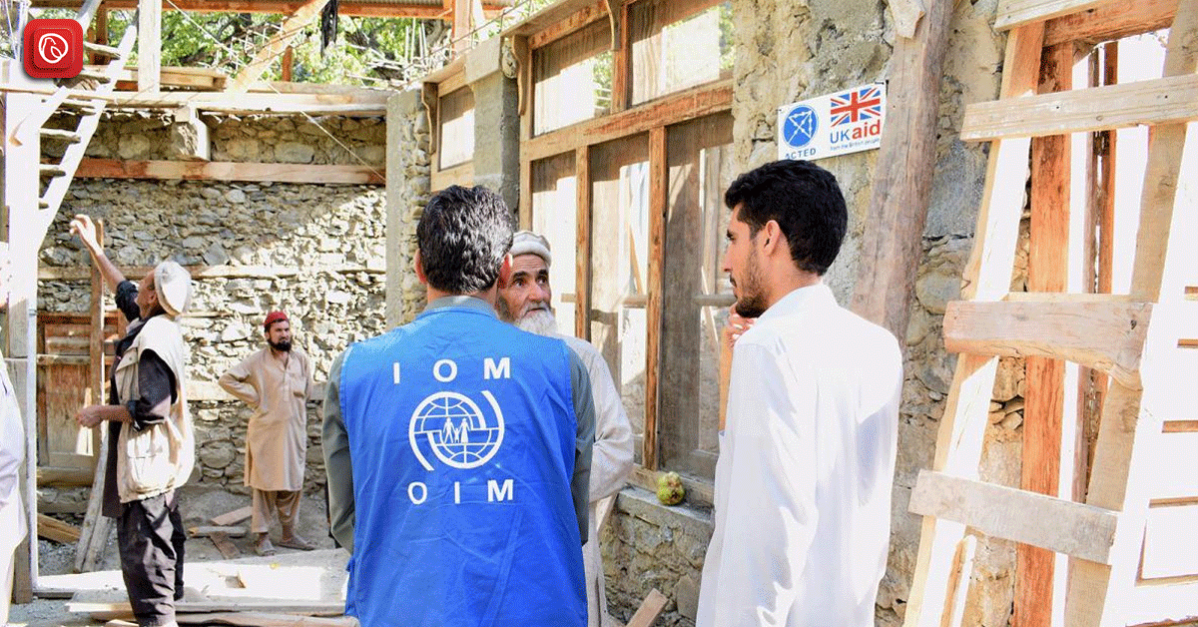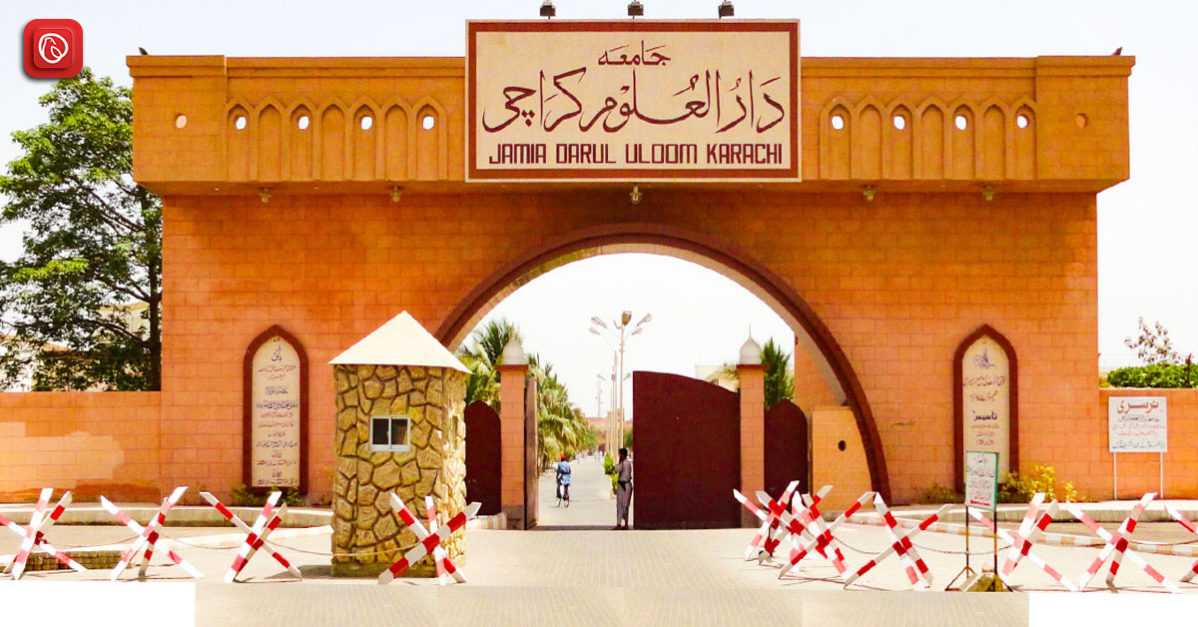The International Organization for Migration (IOM) is a global leader in addressing the multifaceted challenges of migration. Established in 1951, the IOM has evolved into a key intergovernmental organisation, working tirelessly to promote humane and orderly migration for the benefit of individuals and society.
With its widespread presence, the IOM collaborates with governments, intergovernmental bodies, and non-governmental partners, providing services and advice to address migration issues worldwide. This blog aims to provide a detailed exploration of the IOM, delving into its history, organisational structure, mission, and, more specifically, its substantial role and major works in Pakistan.
Graana.com has compiled a detailed blog about IOM outlining its introduction, history, organisational structure, major works in Pakistan, and appointment procedure.
History of IOM
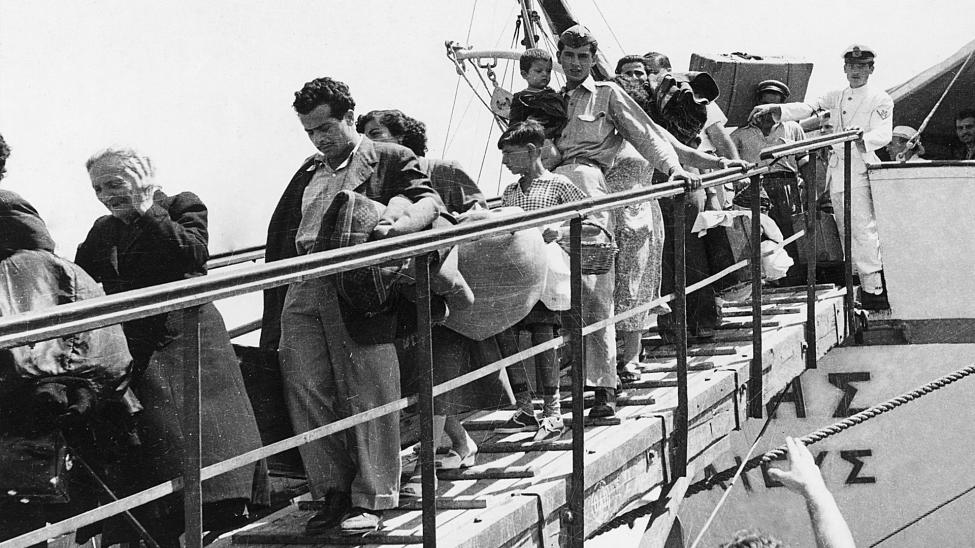
The roots of the IOM trace back to the aftermath of World War II when it was initially known as the Provisional Intergovernmental Committee for the Movement of Migrants from Europe (PICMME). Formed in 1951 to assist European governments in identifying resettlement countries for the millions uprooted by the war, the organisation played a crucial role in arranging transportation for nearly a million migrants during the 1950s.
Over the years, the IOM underwent several name changes, reflecting its transition from a logistics agency to a migration-focused entity. In 1989, it adopted its current name, the International Organisation for Migration, signifying its expanded role in addressing global migration challenges.
Organisational Structure of IOM
The organisational structure of the IOM is designed to efficiently manage its global operations and diverse activities. The key components of its structure include administrative centres, regional offices, country offices, special liaison offices, and coordinating committees.
- Administrative Centers: Responsible for labour-intensive functions supporting the global network of field offices, the administrative centres, such as the Manila Administrative Centre and the Panama Administrative Centre, play a crucial role in the organisation’s functioning.
- Regional Offices: Positioned around the world, regional offices oversee, plan, and coordinate IOM activities within their respective regions. They provide technical support to country offices, endorse projects, and contribute to the development of regional strategies.
- Country Offices: The IOM operates a vast network of country offices and sub-offices, addressing specific migration needs. These offices stay abreast of emerging migration trends, analyse migration issues, and contribute to regional strategies.
- Special Liaison Offices: IOM has two special liaison offices, one in Addis Ababa, Ethiopia, and one in New York, USA. These offices are responsible for liaising with multilateral bodies, enhancing the organisation’s global reach and influence.
- Coordinating Committees: These committees, dedicated to policy and management matters, facilitate communication and cooperation between the IOM headquarters and field offices. The Policy Coordinating Committee and the Management Coordinating Committee play pivotal roles in decision-making and compliance.
Mission of IOM
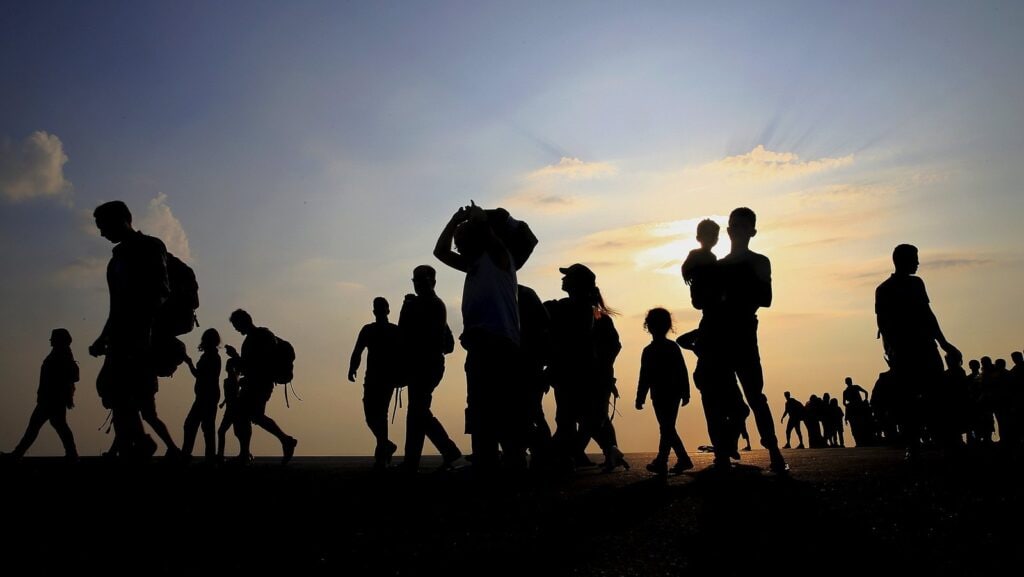
The mission of the IOM is deeply rooted in the principles of promoting humane and orderly migration for the benefit of all. As part of the United Nations system, the organisation is committed to upholding human rights and ensuring the dignity and well-being of migrants.
Guided by frameworks such as the 12-point strategy, the Migration Governance Framework (MiGOF), and the five-year Strategic Vision, the IOM works on developing effective responses to the dynamic nature of migration, building resilience in vulnerable populations, and enhancing government capacity to manage various forms and impacts of mobility.
Major Works of IOM
The IOM initiated its activities in Pakistan in 1981 and has since played a critical role in addressing the unique challenges posed by migration in the country. Pakistan became a Member State of the IOM in 1992, solidifying its collaboration with the organisation.
In October 2000, a Cooperation Agreement was signed between the Government of Pakistan and the IOM, outlining their joint efforts in managing migration challenges. The major works of the IOM in Pakistan can be categorised into several key areas.
Migration and Development
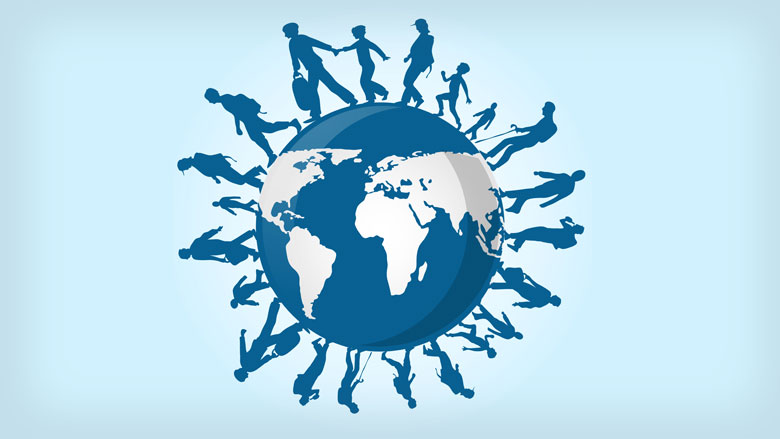
The IOM recognises the integral link between migration and economic, social, and cultural development. In Pakistan, the organisation works to develop strategies that leverage migration for positive development outcomes. This includes facilitating the contribution of remittances to the economic growth of both the origin and destination regions.
Facilitating Migration
The IOM is involved in facilitating migration processes in Pakistan. This encompasses providing support and services to migrants, ensuring their smooth and orderly movement, and offering advice to the government on effective migration management strategies.
Regulating Migration
The organisation actively engages in regulatory aspects of migration in Pakistan. This involves contributing to the development of international migration law, engaging in policy debates, and providing guidance on regulatory frameworks to ensure the orderly and lawful movement of people.
Forced Migration
The IOM addresses forced migration in Pakistan by providing humanitarian assistance to migrants in need. This includes refugees, internally displaced persons, and other uprooted populations affected by conflicts, natural disasters, or crises.
Policy Coordination Committe
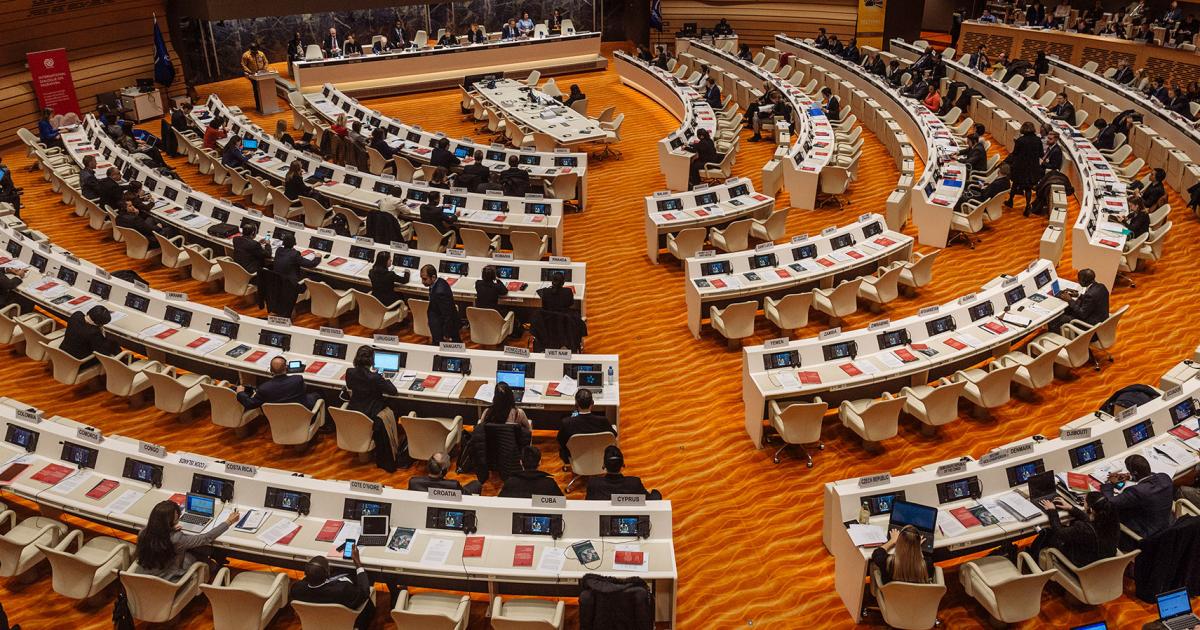
The IOM is a member of the Policy Coordinating Committee, which reviews activities from a policy and programmatic standpoint. This group examines opportunities for innovation and growth, establishes priorities, and resolves potential roadblocks to the organization’s purpose in Pakistan.
Management Coordination Committee
The IOM participates in the Management Coordinating Committee, which ensures cooperation between departments, regional offices, and administrative centres. This committee advises on important management issues, resource allocation, and usage.
Audit and Oversight Advisory Committee
The Audit and Oversight Advisory Committee advises the Director General on oversight responsibilities. It assures the effectiveness of audit and supervision, risk management, and internal controls in relation to the organisation’s operations in Pakistan.
How to Get IOM Appointment
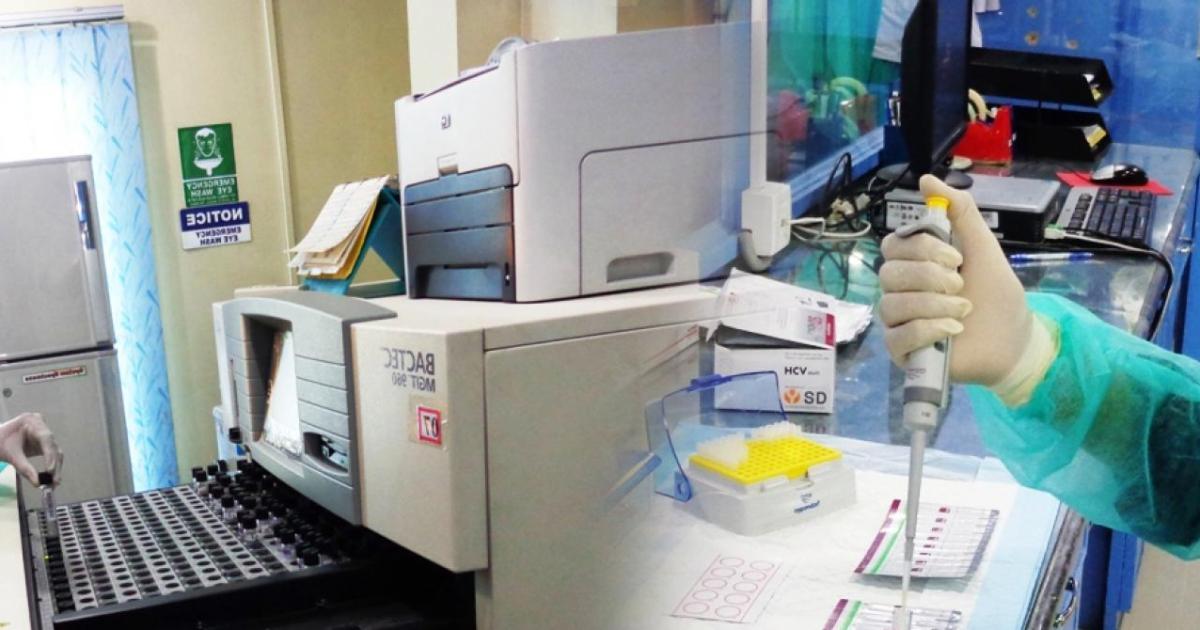
All individuals requiring Immigration Medical Examinations at IOM Pakistan’s Health Assessment Centers in Islamabad, Lahore, Karachi, and Mirpur must secure prior appointments. These centres provide UK TB screening services and health assessment services for immigrants and refugees heading to Australia, Canada, and New Zealand.
Appointment Options:
- Online: Use MyMedical, IOM’s online appointment system.
- Phone: Contact IOM Pakistan Call Center at +92 51 111 466 472.
- Email: Submit completed application forms to the specified email addresses.
Email Appointment Information
- UK TB Screening: uktbappointments@iom.int
- Canadian Health Assessment: canmedpk@iom.int
- Australian Health Assessment: ausmedpk@iom.int
- New Zealand Health Assessment: nzmedpk@iom.int
Required Information
Provide mandatory information, including full name, passport details, date of birth, visa type, contact number, email address, preferred IOM Health Assessment Center, and destination country specifics.
Booking Tips
- Have all required information ready.
- Dial Pakistan’s country code (0092) for the call centre.
- Urgent appointments require justification sent to mhdislamabad@iom.int.
Location and Hours
Regular office hours are 8:00 am to 4:45 pm Monday to Thursday and 8:00 am to 12:30 pm Fridays. Centers are in Islamabad, Lahore, Karachi, and Mirpur.
On the Day of Appointment
- Expected delays of 15-30 minutes may occur.
- Strict adherence to the Queue management system.
- Priority for minors and frail elderly.
- Bring necessary documents and glasses.
- Follow specified dos and don’ts for a smooth process.
Contact Information
- Islamabad: 2nd Floor, Maroof International Hospital, F-10 Markaz.
- Lahore: House No. 70, H- Block, Gulberg III.
- Karachi: Plot F-14, PECHS Block-6, Sharah-e-Faisal.
- Mirpur: House No 66-A/1, Near MDA Office, F/2 Road.
This process aims to ensure a systematic and efficient Immigration Health Assessment for applicants heading to various destinations.
Conclusion
The International Organisation for Migration stands as a beacon in addressing migration challenges globally, with a significant impact on the unique dynamics of migration in Pakistan. From its historical evolution and organisational structure to its mission and major works, the IOM’s multifaceted approach is evident in its commitment to promoting humane and orderly migration.
In Pakistan, the organisation’s initiatives span across migration and development, facilitating and regulating migration, and addressing forced migration, all while adhering to the principles of international migration law and upholding the rights and well-being of migrants. As the IOM continues to adapt to the evolving landscape of migration, its enduring commitment to navigating the complexities of migration in Pakistan remains paramount.
FAQs about IOM
The following are the most frequently asked questions about IOM:
What does IOM stand for?
IOM stands for the International Organisation for Migration, a global intergovernmental organisation founded in 1951.
When was IOM established?
IOM was established in 1951, originally known as the Provisional Intergovernmental Committee for the Movement of Migrants from Europe. Over the years, it evolved into the International Organisation for Migration.
What is the main mission of IOM?
The main mission of IOM is to promote humane and orderly migration for the benefit of migrants and society. As part of the United Nations system, it upholds human rights, dignity, and focuses on providing services and advice to governments and migrants.
How is IOM involved in Pakistan?
IOM has been actively involved in Pakistan since 1981. As of 1992, Pakistan became a Member State, and in October 2000, the government and IOM signed a Cooperation Agreement. The organisation addresses migration challenges by providing comprehensive responses to the needs of migrants, returnees, and host communities.
What are the key areas of IOM’s work in migration management?
IOM engages in four key areas of migration management: migration and development, facilitating migration, regulating migration, and addressing forced migration. Its activities encompass promoting international migration law, participating in policy debates, protecting migrants’ rights, addressing migration health issues, and considering the gender dimension of migration.
For more information, visit Graana blog.
